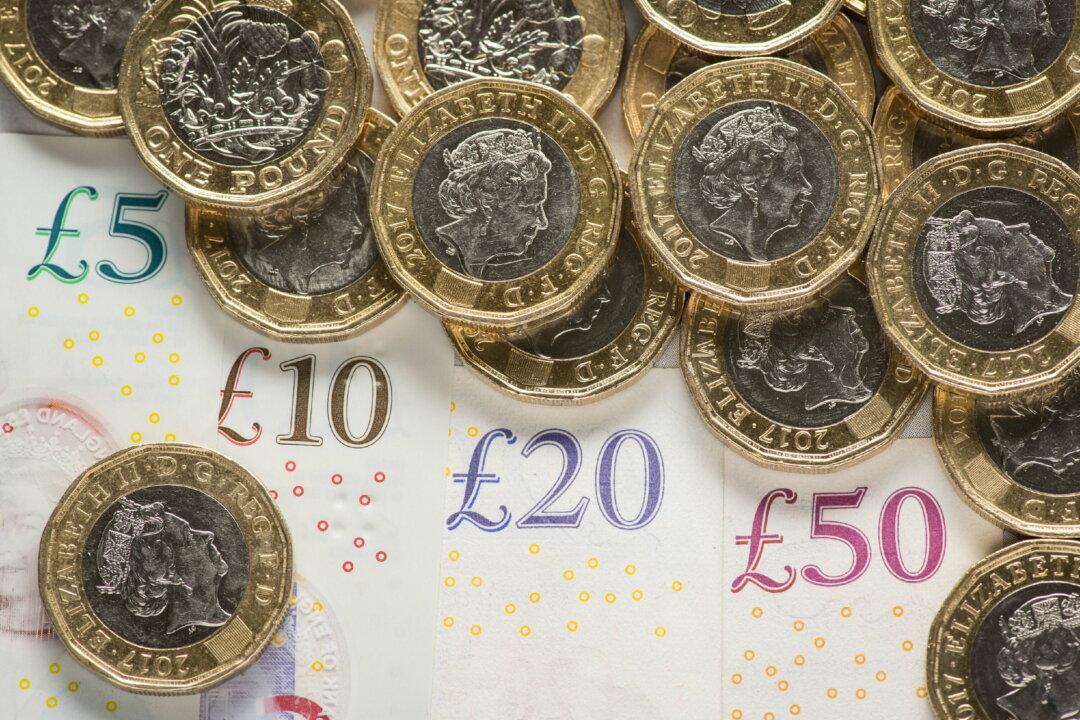The UK’s inflation in July reached 10.1 percent, hitting another 40-year high, official figures show.
According to data published on Wednesday by the Office for National Statistics (ONS), Consumer Prices Index (CPI) in July jumped by 10.1 percent year-on-year, up from 9.4 percent in June.





